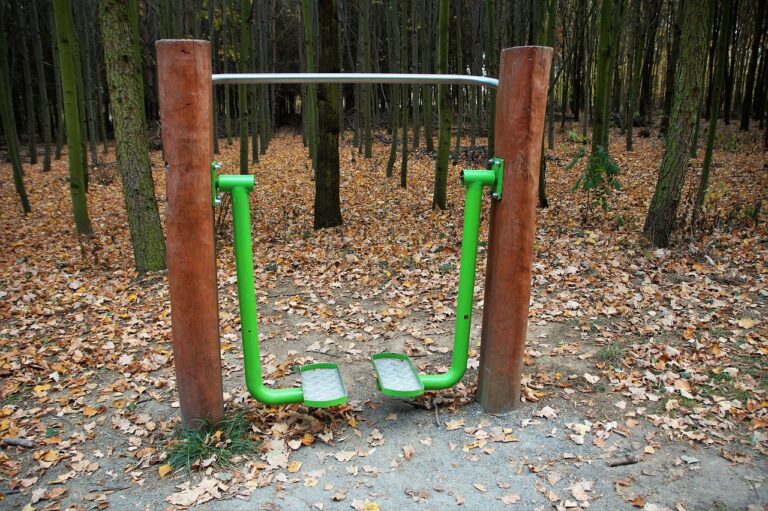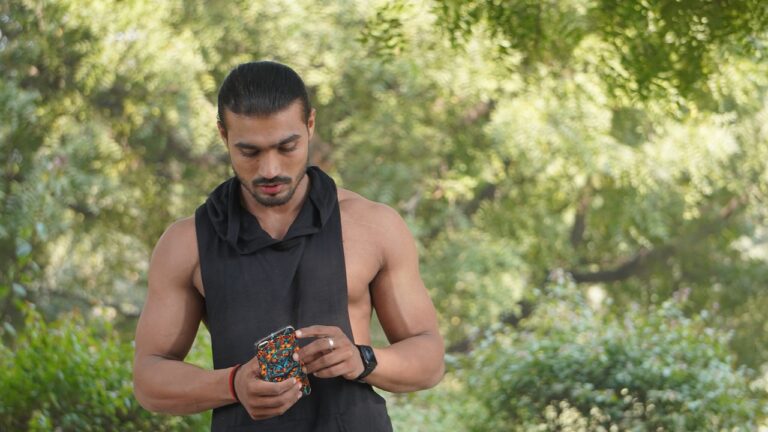The Impact of Social Media Use on Body Image and Self-Esteem
Body image refers to the perception and attitudes individuals have towards their own bodies. This can encompass thoughts, feelings, beliefs, and behaviors related to one’s physical appearance. It is not solely based on actual physical characteristics but is influenced by societal standards, cultural norms, and personal experiences.
Individuals’ body image can vary greatly, from positive and accepting to negative and critical. Factors like media portrayals of beauty, peer comparisons, and family influences play a significant role in shaping how people view themselves. Understanding the complexity of body image is crucial in promoting self-acceptance and fostering a healthy relationship with one’s body.
• Body image encompasses thoughts, feelings, beliefs, and behaviors related to physical appearance
• Influenced by societal standards, cultural norms, and personal experiences
• Can range from positive and accepting to negative and critical
• Media portrayals of beauty, peer comparisons, and family influences shape body image
• Understanding body image complexity is important for self-acceptance and a healthy relationship with one’s body.
The Influence of Social Media
In today’s digital age, social media plays a monumental role in shaping perceptions of body image. The constant exposure to carefully curated posts and images can lead to distorted views of beauty and unrealistic standards. The pressure to conform to these ideals can significantly impact individuals’ self-esteem and sense of worth.
Moreover, the culture of comparison that thrives on social media platforms further exacerbates feelings of inadequacy. The constant scrolling through flawless images of seemingly perfect bodies can trigger feelings of insecurity and self-doubt. This continuous cycle of comparison can erode self-esteem and cultivate a negative self-image, creating a toxic environment for individuals to thrive in.
Comparison and Self-Esteem
Comparison is a common practice that many individuals engage in, often inadvertently affecting their self-esteem. When individuals compare themselves to others, whether it be in terms of physical appearance, achievements, or possessions, it can lead to feelings of inadequacy and low self-worth. The constant exposure to idealized images and curated lifestyles through social media platforms can exacerbate this tendency to compare oneself to others.
The act of comparison not only impacts self-esteem but also perpetuates a cycle of negative self-evaluation. As individuals continue to measure themselves against unrealistic standards set by others, they may overlook their own unique strengths and qualities. This can further erode self-esteem and confidence, fueling feelings of insecurity and self-doubt.
How does social media influence our self-esteem?
Social media often presents unrealistic standards of beauty and success, leading individuals to compare themselves to these ideals and feel inadequate.
How can understanding body image help improve self-esteem?
By understanding the factors that influence body image, individuals can work towards developing a more positive and realistic perception of themselves, which can boost self-esteem.
What role does comparison play in shaping self-esteem?
Constant comparison to others can have a negative impact on self-esteem, as individuals may focus on their perceived shortcomings rather than their strengths and accomplishments.
How can individuals combat the negative effects of comparison on self-esteem?
It’s important for individuals to practice self-compassion, focus on their own unique qualities, and limit exposure to social media and other sources of comparison in order to protect their self-esteem.







